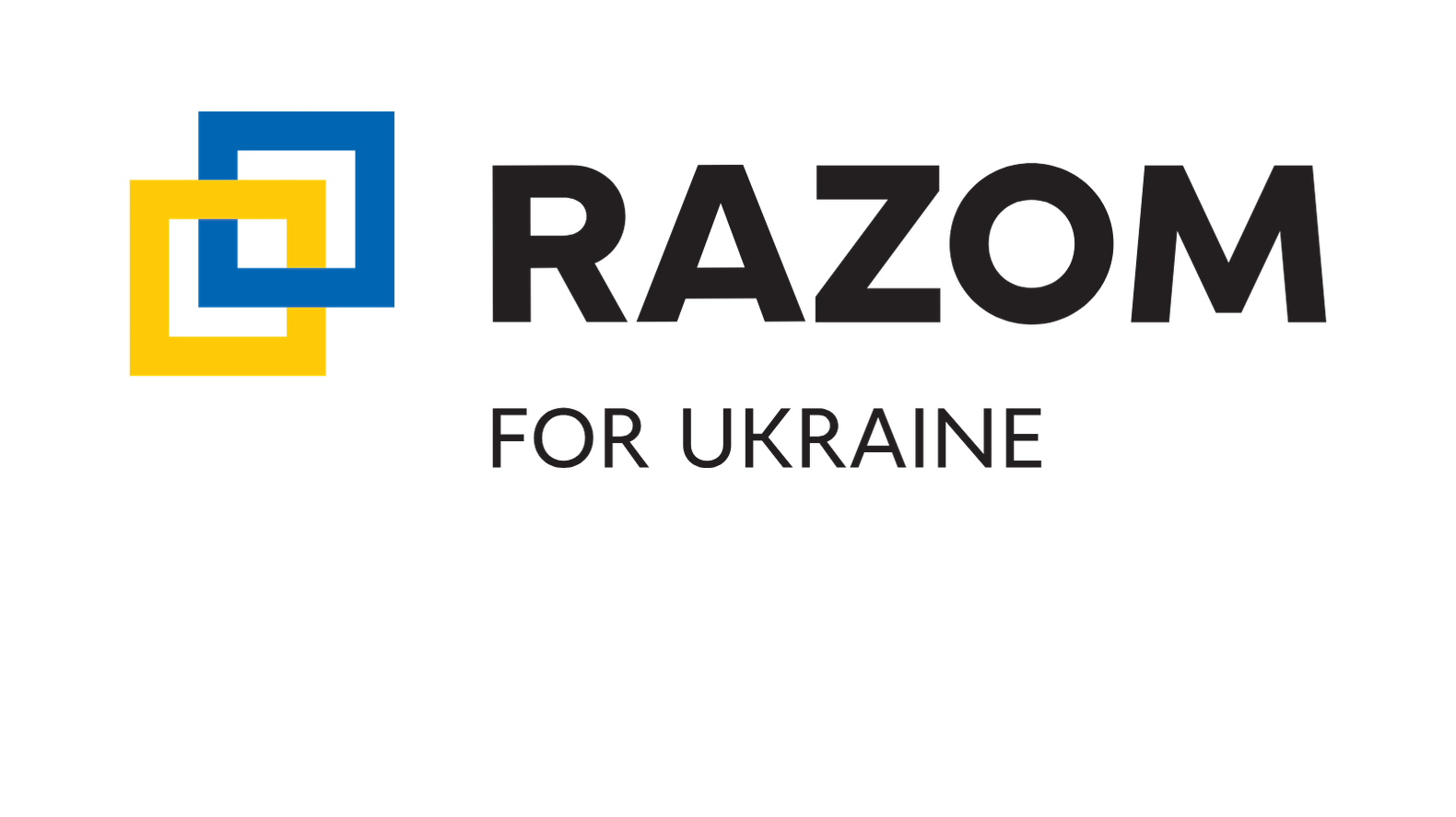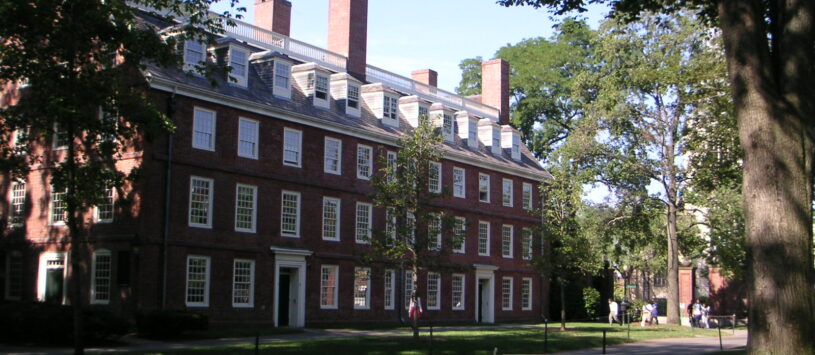Language is never just words. It carries memory, identity, and resilience. For Ukrainians, every phrase holds centuries of struggle against erasure and the power of survival. That is why Russian imperial projects, past and present, have always attacked the Ukrainian language first.
Today, students across the United States are embracing Ukrainian – not only to study grammar and vocabulary, but to step into a community, to stand with a nation fighting for its future, and to learn the language of freedom.
Yet, many people with a personal or professional interest in Ukraine may still hesitate to commit to taking Ukrainian language classes or may not realize they can advocate for their institutions to offer them. Razom’s Ukraine on Campus initiative spoke with some Ukrainian language instructors and students across the United States and left these conversations with more reasons than ever to study the language and to push for its place in academic curricula.
One of the interviewees, Dr. Nataliya Shpylova Saeed, a preceptor in Slavic Languages and Literature at Harvard, shared that students in her class come from various backgrounds and academic or career interests. They know that Ukrainian will help them excel in fields ranging from policy and war crimes investigation to history and regional studies, to name a few. “Learning language”, as Nataliya remarked, “gives a student access to the Ukrainian context.”
Nonetheless, one student’s motivations stood out to her the most. “I have students who started with Russian and, after 2022, chose not to invest in it because that’s their political statement [of solidarity with Ukraine]… And these students have no personal or family connection with Ukraine”. Taking Ukrainian is an act of resistance to the centuries-long attempts of russification, oppression of literature figures, artists, and discrimination against native speakers of the Ukrainian language.
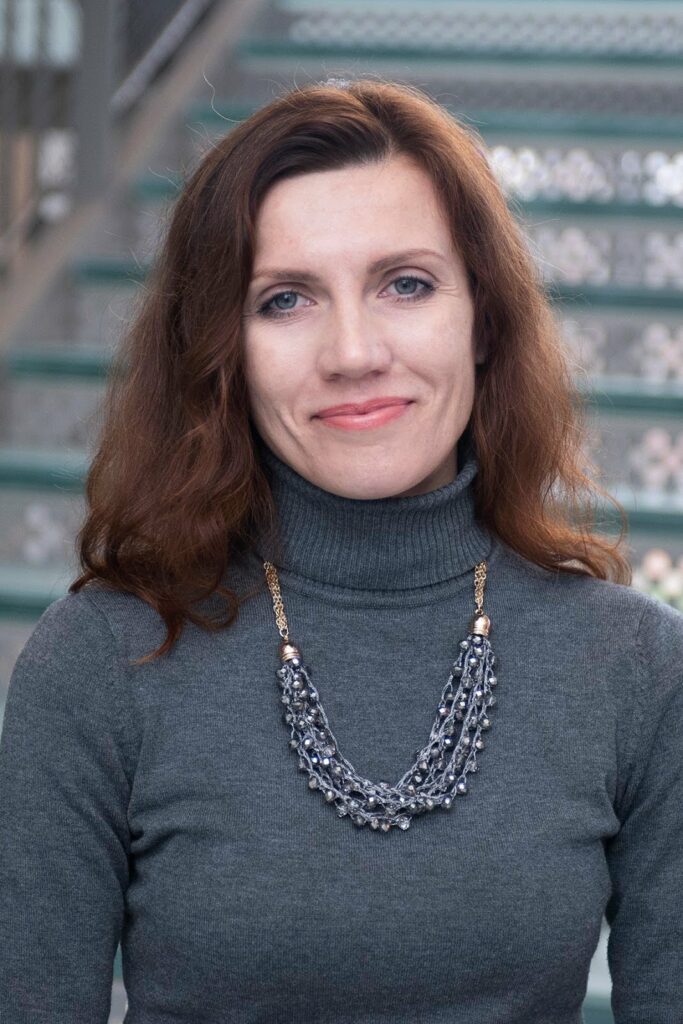
It is a way to announce that Ukraine, its culture, and its people have the right to exist and to remain sovereign. Similarly, William Debnam, a former Ukraine on Campus stipend recipient and a fourth-year PhD candidate at Columbia University now, began learning Ukrainian by chance during his bachelor’s degree at Cambridge.
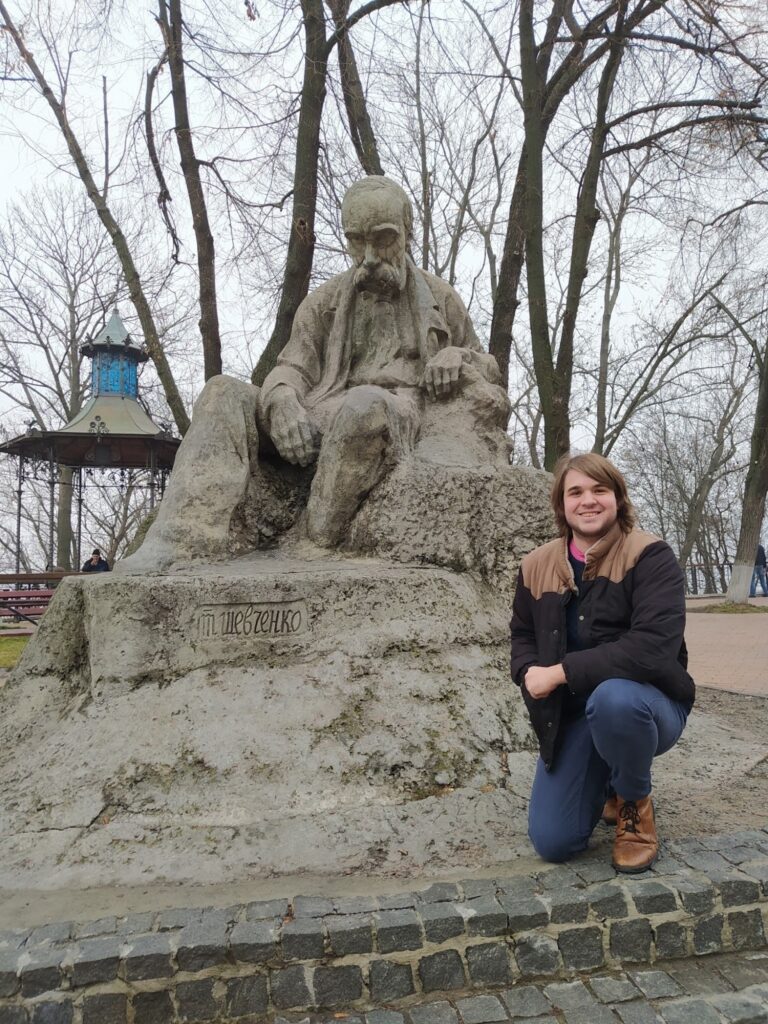
His curiosity, however, quickly grew into a strong and enduring interest leading to him being an elementary Ukrainian instructor. William believes that taking Ukrainian class puts you “in a select but growing group”. He even calls it a community, where “everyone is trying to support your growth and help each other”. William shared that, while Ukraine is often little-known abroad, this region has long been at the center of world history; this struggle of a stateless nation has made its literature and cinema very distinct and interesting. Studying Ukrainian, he says, opens many niches and opportunities and “gives a very interesting perspective on the world that you don’t get by studying more hegemonic cultures”. For those starting out, William recommends in-person classes and well-structured resources, such as Beginner’s Ukrainian, a textbook by Yuri Shevchuk, a Columbia professor.
Professor Oleksandra Wallo started her work at the University of Kansas 10 years ago. She emphasized the importance of high-quality instruction and finding a personal approach towards each student. At the University of Kansas, there’s a focus on Ukrainian programming and engagement with student groups and cultural activities. Many students become inspired by Ukraine’s versatile and authentic traditions. She explains that the students, who do decide to take Ukrainian, always find ways to put their knowledge to use in the future, whether they become translators, write dissertations about Ukraine and the region, or work at the organizations that support and help Ukraine. It makes her proud to see this knowledge being put to use immediately.
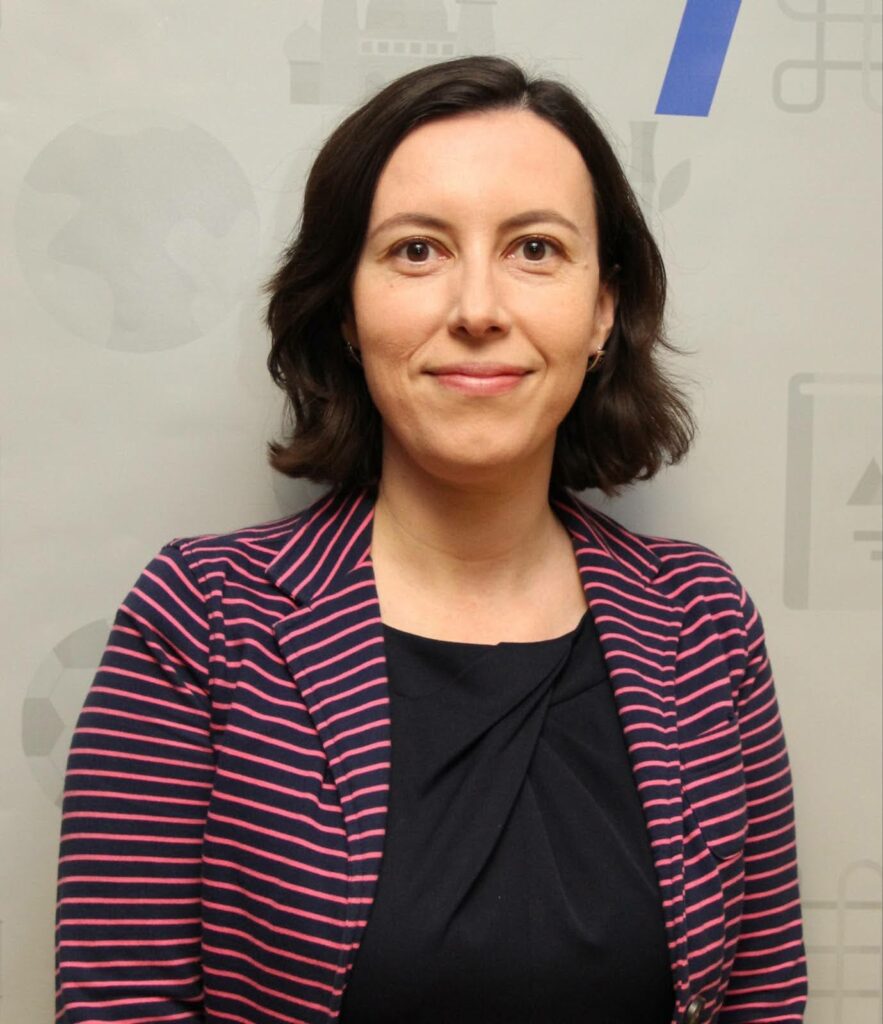
“This is the most rewarding thing that a professor can see. I’m glad that I can help them grow in their knowledge and I can provide the tools, the skills that will help them meet their goals, professional goals, and kind of these broader human goals, right? In understanding what it is to be standing up for justice in this world right now and how every one of us can have a part in that.”
While the above-mentioned Ukrainian language courses have been established at some universities for years or decades now, new offerings continue to grow. This year, the University of North Carolina launched an online course led by Dr. Serhii Tereshchenko. Another remarkable program created after the full-scale invasion is Dr. Olha Tytarenko’s course at Yale University. Dr. Tytarenko approaches her work with dedication and a strong mission in mind, reminding colleagues and university departments that introducing or expanding Ukrainian today “is both a matter of intellectual integrity and moral clarity.” She emphasized, “Slavic studies cannot remain dominated by the narratives of the colonizer. Supporting Ukrainian programming highlights the diversity and richness of Slavic cultures while countering a history of enforced marginalization. Enrollment numbers alone cannot measure the value of this work. At this moment, investing in Ukrainian is investing in the language of democracy, in cultural survival, and in the future of Slavic studies as a field.”
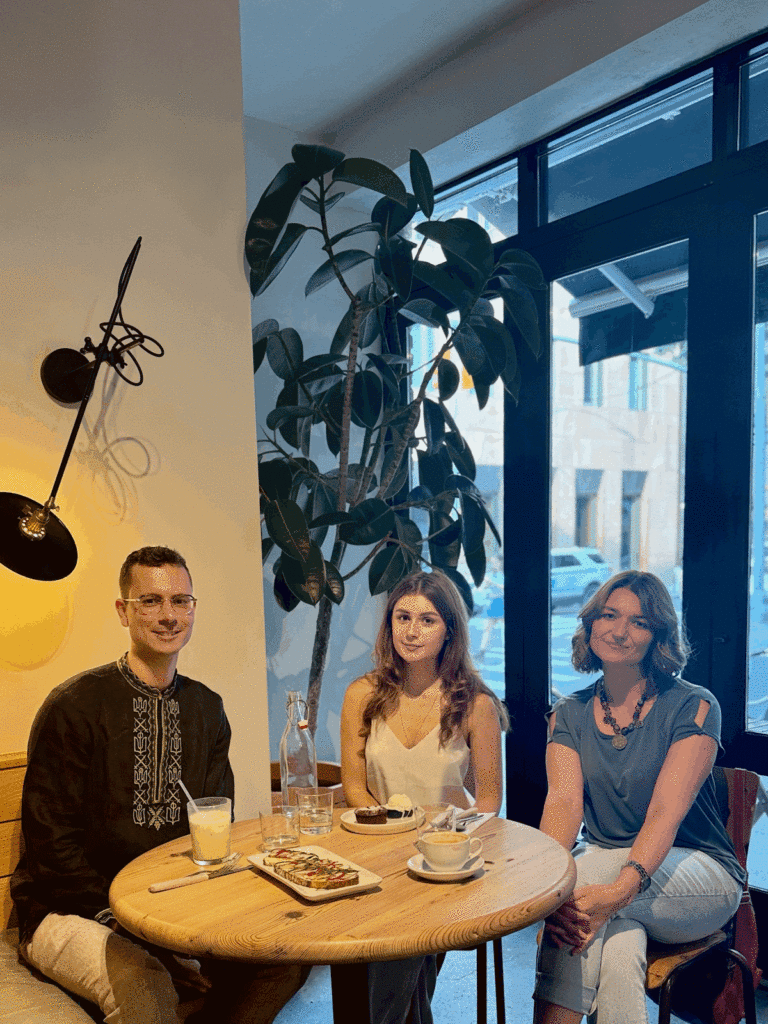
A Ukrainian language course today is more than an academic elective. It is an act of resistance against erasure, a statement of solidarity with Ukraine, and a way of joining a growing movement that places justice, democracy, and cultural survival at its heart.
We could not agree more that, “Investing in Ukrainian is investing in the language of democracy, in cultural survival, and in the future.”
When students choose Ukrainian, they choose to stand with freedom. The question is – will your campus give them that choice? Let us know about it – or reach out for help finding resources and advocating for the interdisciplinary study of Ukraine at your university or college. At Razom’s Ukraine on Campus initiative, we are dedicated to working together to bring more Ukrainian language and studies to campuses across the US.
Expanding the Movement Beyond the Classroom
The growing presence of Ukrainian language courses in U.S. universities is just the beginning. Strengthening this field also means building networks of students, scholars, and educators who carry the study of Ukraine into broader academic and cultural spaces. Conferences and convenings are one way this momentum takes root and flourishes. This year, students and instructors will have multiple opportunities to share their work, connect with peers, and deepen their engagement with Ukrainian studies:
- ASEEES Convention 2025 – November 20-23, Washington, DC
- ALTA Convention 2025 – November 5-8, Tucson, AZ
- AATSEEL Conference 2026 – February 19–22 (2026), New Orleans, LA
To make participation more accessible, Ukraine on Campus will offer a number of travel stipends for students and presenters attending the these conferences. Click on the respective conference to access the application.
